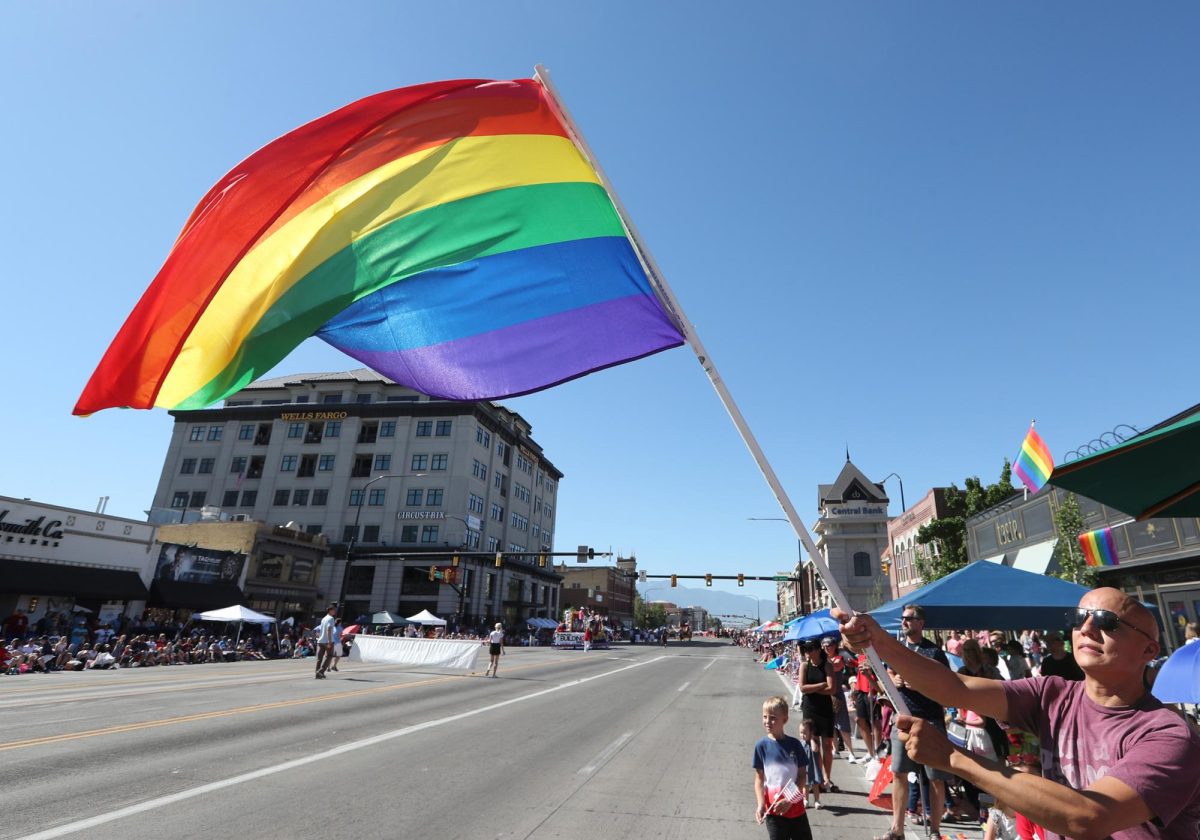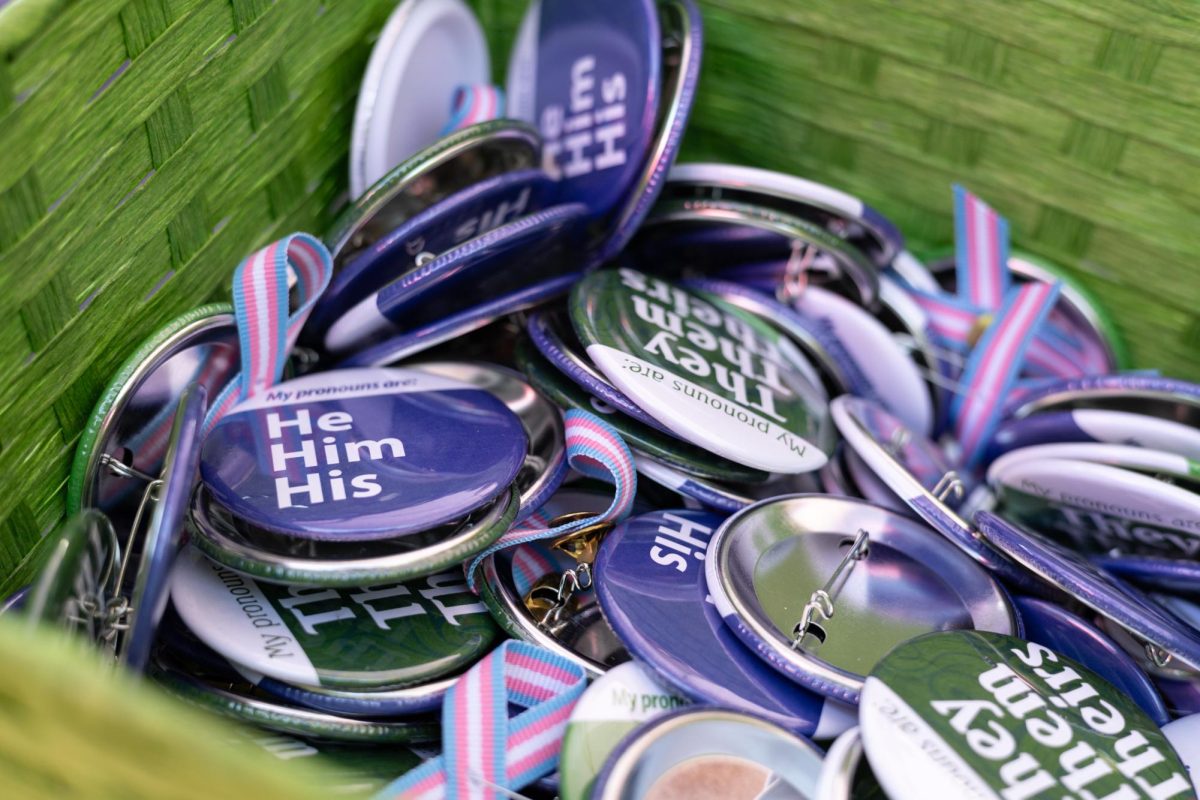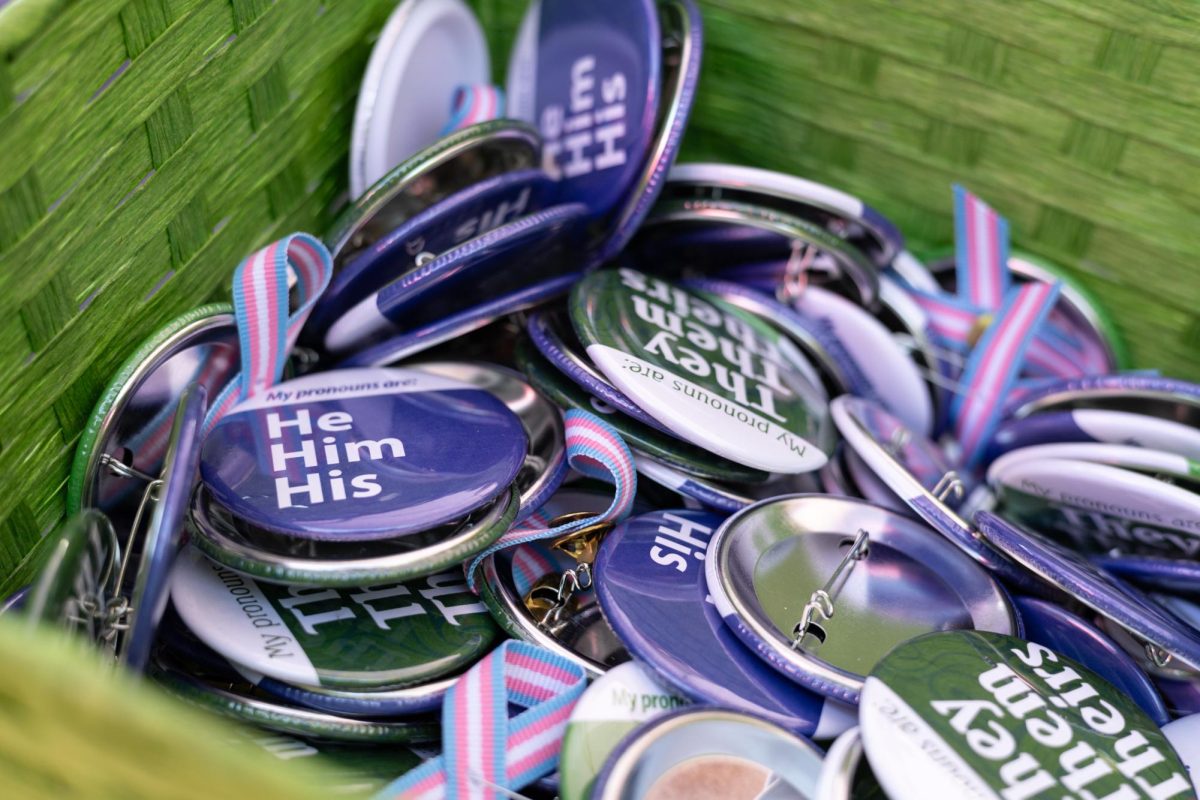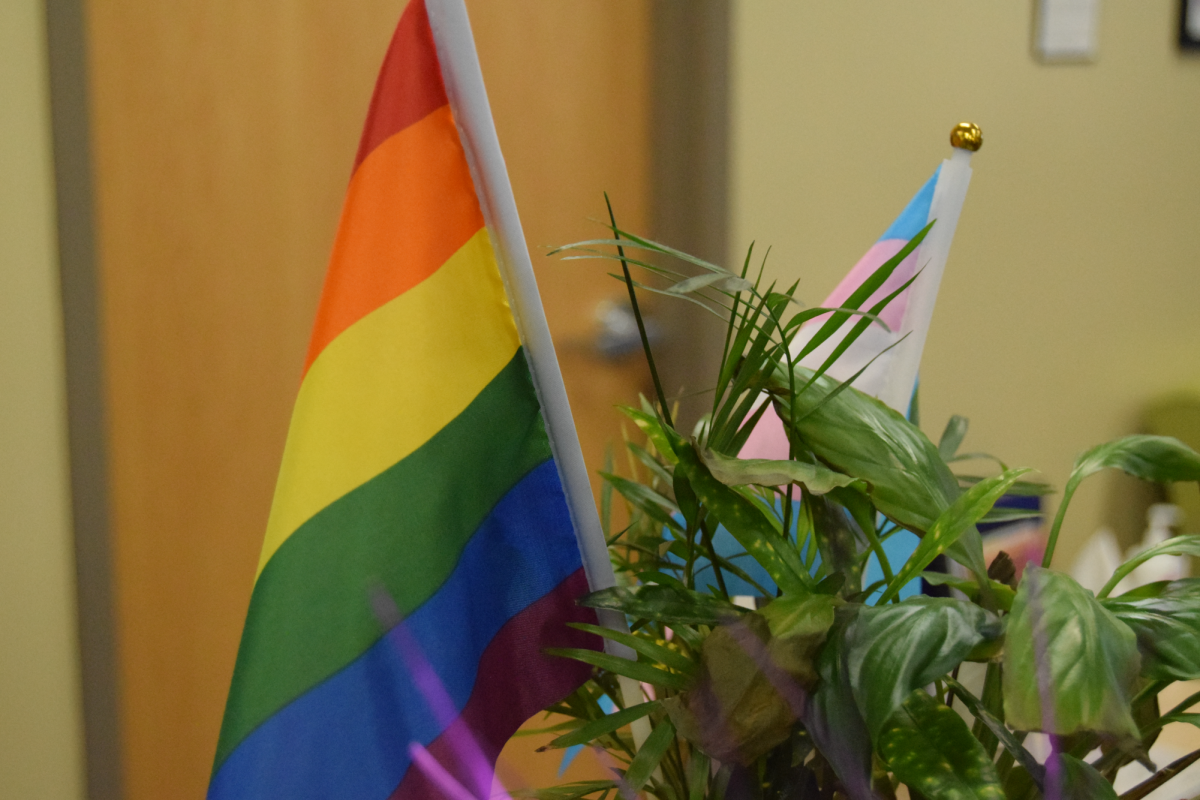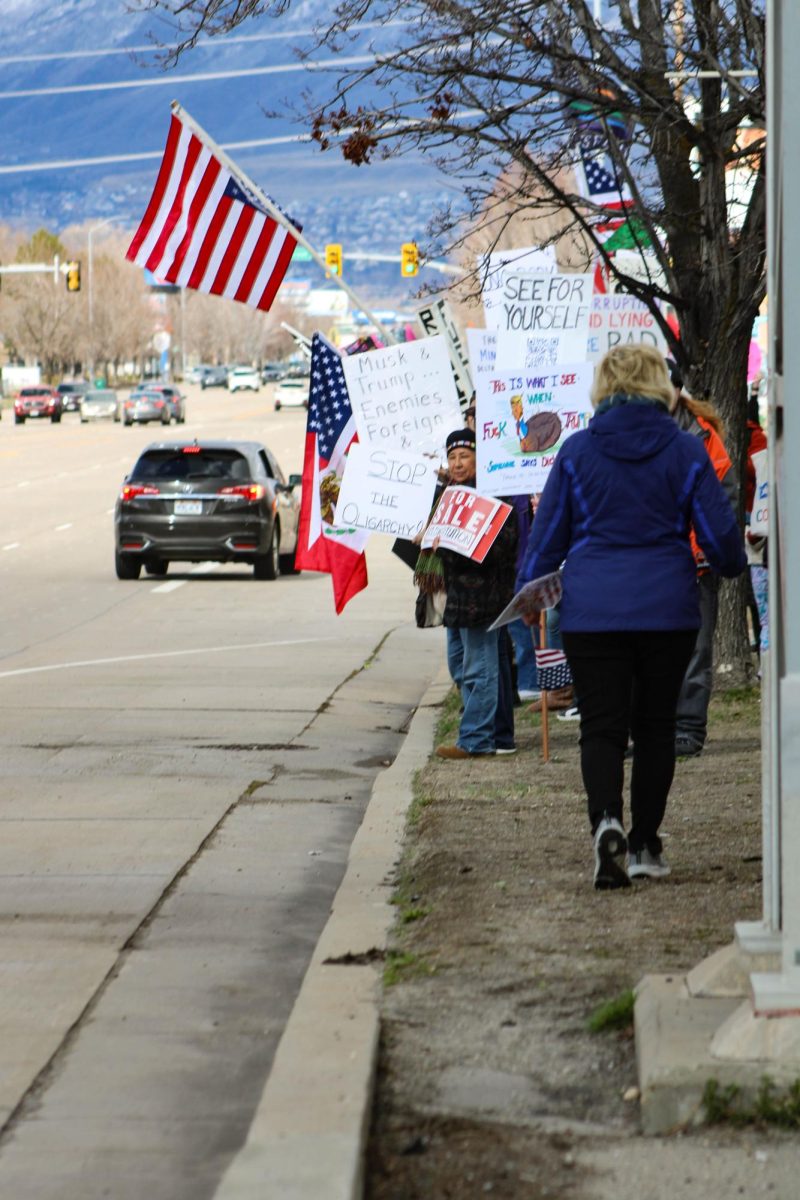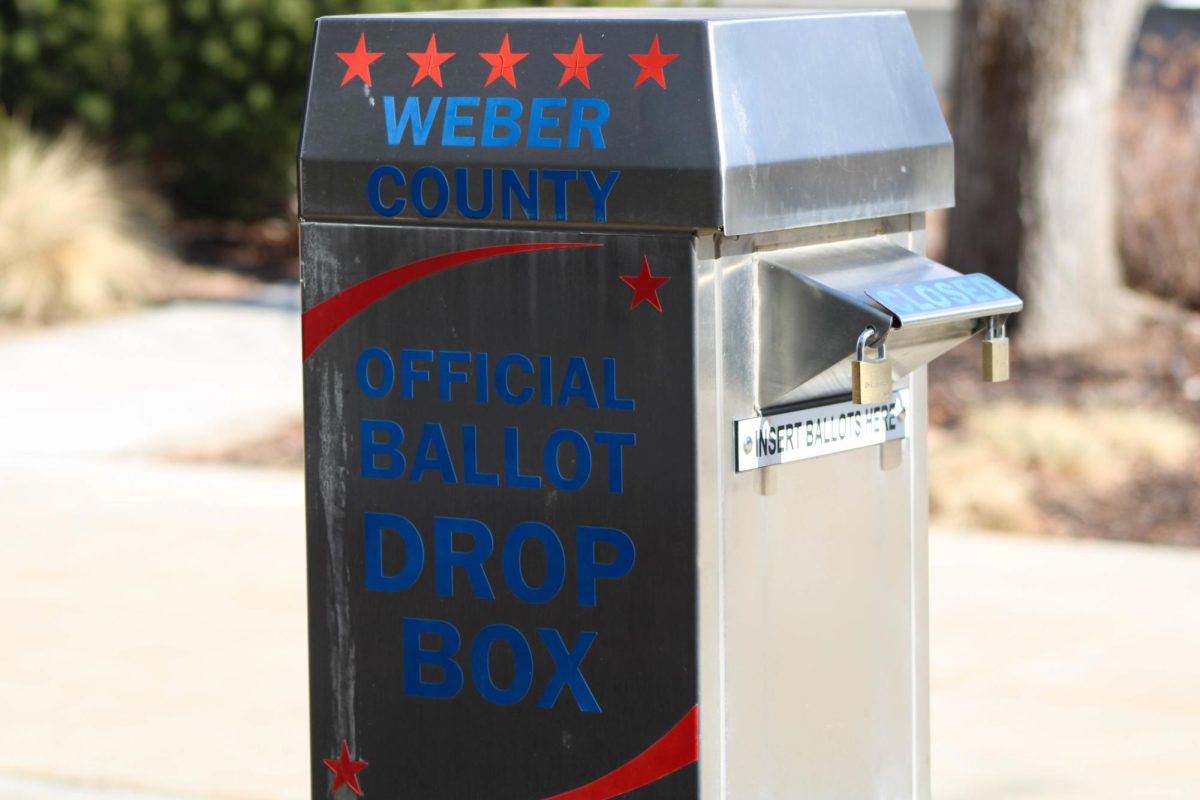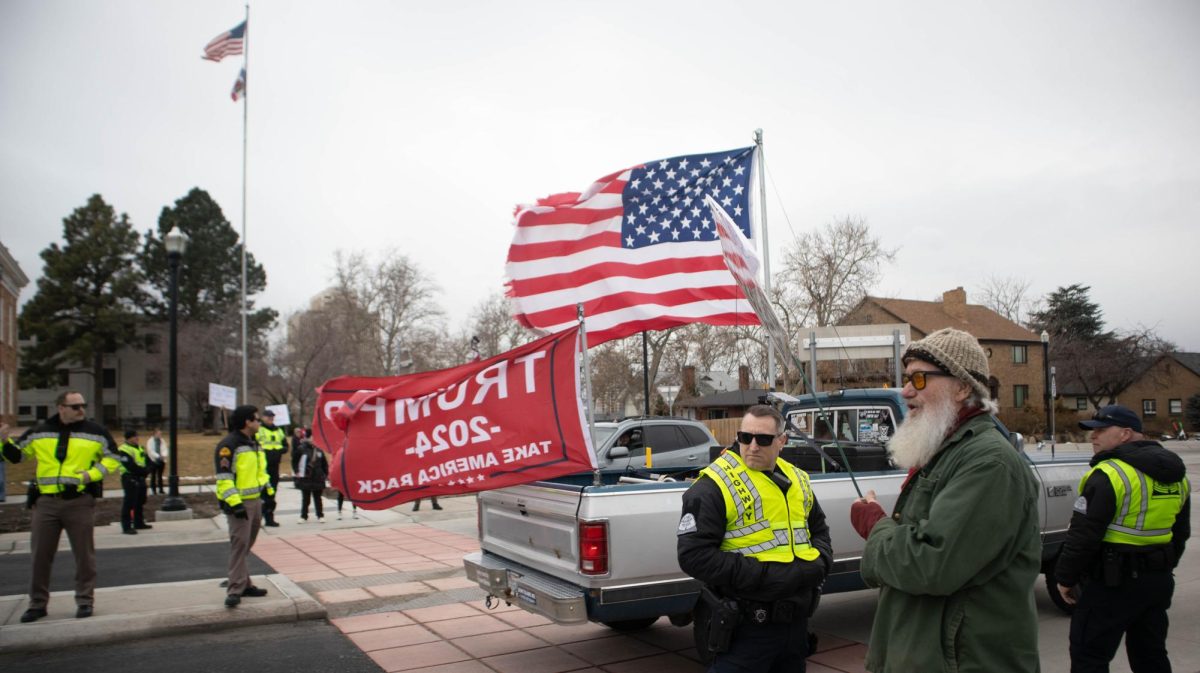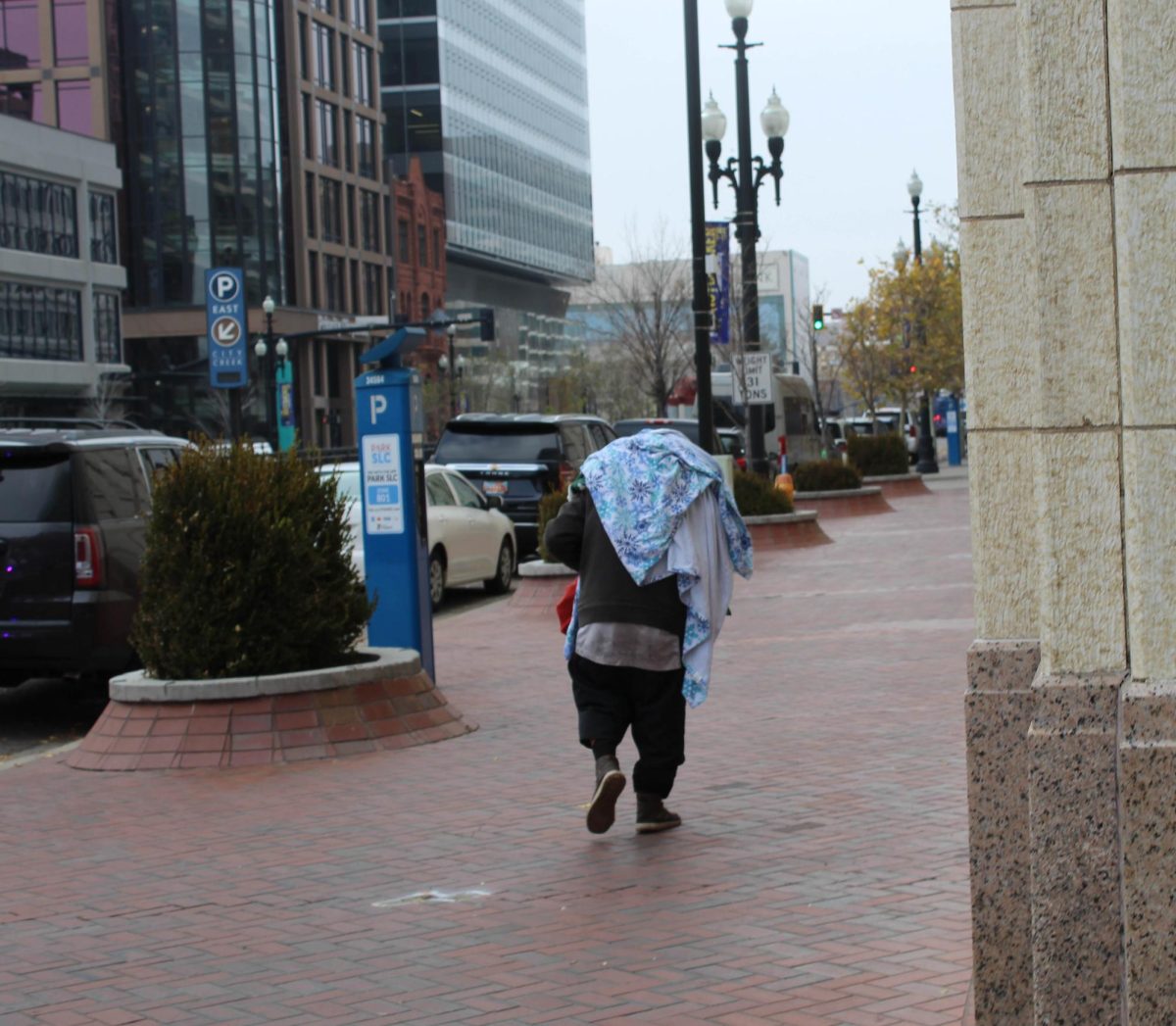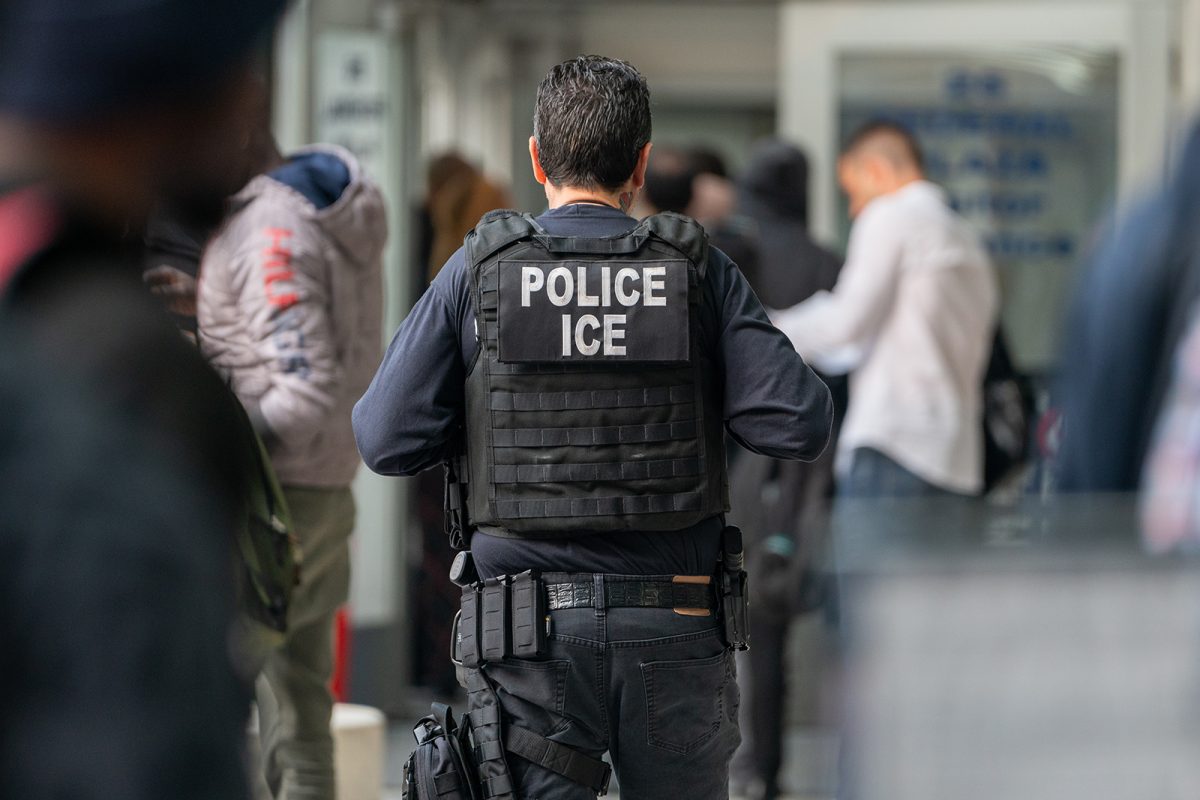The Winter Olympics kicked off at the end of last week in Sochi, Russia, to a lot of, shall we say, interesting coverage. For weeks leading up to the opening ceremonies, the news popped up a variety of less-than-flattering stories and reports about this year’s host country. Those of us who have been keeping a careful eye on the news weren’t at all surprised when the International Olympic Committee president took his moment on stage during the opening ceremonies to urge world leaders and countries to settle their differences peacefully and civilly . . . and anywhere but at the Olympics.
Russia, for its part, has given other countries quite a few reasons to be unhappy. The Russian Federation has strict anti-gay laws and beliefs, which set many countries on edge about having openly gay athletes and attendees show up in Sochi with Russian police and authority figures everywhere. The Russian president and several high-ranking Russian authorities reassured everyone that as long as the gays didn’t touch any kids, there wouldn’t be anything to worry about. So of course, in response, Google’s front page doodle celebrating the games also slyly celebrated LGBT rights, and the U.S. delegation included two openly gay former Olympic athletes.
In preparation for the games, other human rights and even animal rights violations trickled into the news circuit. Many Russians were displaced from their homes and businesses for the Olympic buildings and infrastructure to be built in their place. Builders faced harsh conditions. Many kept dogs during the long period of construction, and when the people left, they left their dogs behind. To counteract that particular problem, Russian authorities hired pest control to round up the stray dogs wandering around Sochi and make them . . . disappear. Authorities claim to have funded shelters to house all those dogs. No one’s yet seen them.
Then there are the extensive terrorist threats against the games. The U.S. issued travel safety warnings to anyone traveling into Sochi. Athletes received written threats of kidnapping or harm.
Many world leaders, our own president included, will not be making physical appearances at the games. They won’t say why exactly. But the reasons seem fairly obvious.
We can’t really blame them. You have to stand up for your beliefs wherever you can. However, the Olympics are not a political stage. At least they shouldn’t be. They are an athletic stage. A human achievement showcase. They are meant to bring people from around the world together in one place to compete peacefully. Of course, with so many countries and cultures, there will be a wide range of beliefs and traditions. Many that we don’t agree with. But that level of peaceful interaction between people who otherwise wouldn’t meet or get along is the beauty of the games.
Whether politics should factor into the games is a discussion that’s happened before. The 1936 Summer Olympic games were held in Germany under Adolf Hitler and his Nazi regime shortly before World War II. Many countries threatened boycotts due to Hitler’s anti-black and anti-Jew propaganda. More recently, the 2008 Summer Olympics in China also faced controversy over human rights violations. Critics and activists argue that the IOC shouldn’t give the games to countries known for these violations. They argue it’s not a question of politics but of basic human rights.
Really, though, bringing the games to these countries helps expose them to the world when they otherwise would have remained silent. Maybe it won’t change the country’s systems right away. But it does make the world more aware, for whatever that’s worth.
The games are about strengthening relationships, not so much between countries themselves but between individuals. They’re about exposing the world to new cultures. They’re about celebrating human strengths. They are about a lot of things. And politics shouldn’t be one of them. Of course, there will always be a time when lack of safety due to political troubles trumps any discussion. And of course, we shouldn’t completely stop talking about human rights violations. We just shouldn’t do it at the cost of ignoring or overshadowing what the Olympics really represent.



